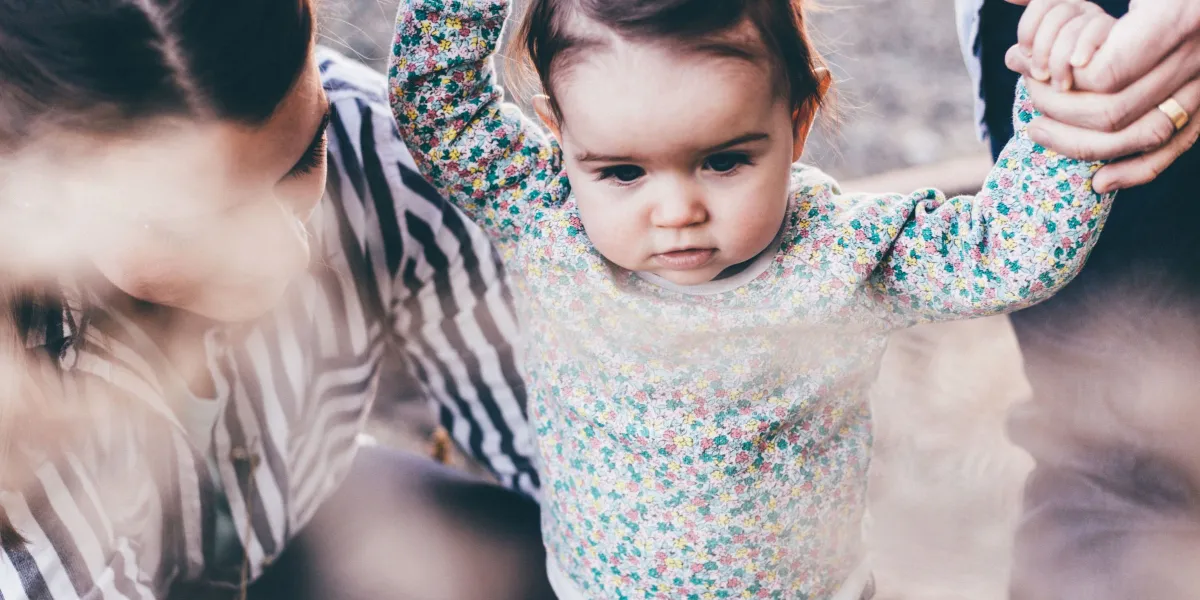A Healthy Family Environment is the Key to Children’s Well-Being
Where Do Our Behavioral Patterns Come From?
Our generation and that of our parents were raised according to the principles of the Soviet era. Many of the principles of Soviet upbringing were established in the 1930s by educator A. Makarenko. At that time, there were many street children who became criminals. Authorities collected these children from the streets and placed them in orphanages, but they struggled to manage them there. Consequently, they were sent to juvenile colonies, where Makarenko successfully rehabilitated them as full-fledged members of society. Much of his experience became part of Soviet pedagogical textbooks and was widely practiced in the education system. These rules were primarily based on universal human values and high moral standards; however, many have had detrimental effects on vulnerable children’s psyches.
For example, strict routines (motherly affection was dispensed “strictly according to regulations” to avoid “spoiling” the child) and early childhood socialization (children were sent to kindergarten as early as 8 months!) contradict age psychology. During that time, women were expected to return to work as soon as possible for the benefit of the state.
Children’s free time was minimized, preparing them for active public life without considering their personal qualities and abilities, thus overloading them.
Spoiling children was forbidden; otherwise, they would grow up lazy. This approach teaches children that their desires are unimportant and unwelcome. As a result, individuals often live in a victim mentality, afraid to express their wishes.
Significant attention was given to ethical education and moral values, including family values: marriage is sacred! Divorce was seen as a near-catastrophe, even affecting one’s career. The divorce process was simplified only in cases of one spouse’s mental illness or when one partner was imprisoned for more than three years.
Time moves forward, and everything changes, but in many families, parenting methods remain the same. This influences us on an unconscious level. Our parents lived this way, which significantly shapes our generation’s mindset. Phrases like “Endure for the sake of the children… What will people think if you divorce?… Others have it worse…” serve as chains that bind us. However, we were not warned about the consequences of deciding to “preserve the family for the child,” where a destructive environment prevails for their psyche. This situation is not limited to families with fights and scandals but includes environments where silent resentment exists, with adults criticizing and blaming each other behind closed doors. Children not only witness this (as adults often assume children don’t understand or hear) but also FEEL it all. They sense when parents “play” at being a good family, where nothing connects them except the child, with silence in their home only broken during discussions about the child’s matters.

This leads to high levels of anxiety and distrust toward the world in the child (how can they trust an unfamiliar world if their closest relatives lie to them?). In adulthood, it will be nearly impossible for such individuals to build harmonious trusting relationships in friendship or love. Moreover, their own family model will closely resemble the one they grew up in or may even lead to complete devaluation of the institution of family.
Consequences in adulthood can be significant, but they actually begin much earlier. These issues manifest in children’s health. Children’s psyches are structured such that emotions flare up quickly but can also fade away just as fast; however, unfortunately, they can also sink deep within. Up until around age 7 (or sometimes 10), children are closely connected to their mothers. They depend on her and often serve as a “container” for all her emotions. A child’s health is directly linked to healthy communication with significant adults. Most psychosomatic illnesses have their roots in childhood.
How Does This Manifest, and What Should Be Noted?
- When a child “saves the family” – symptoms like runny nose or ear infections.
- Severe stress (loss, divorce, destructive family environment) – skin manifestations.
- Overprotective parenting – bronchitis or asthma; underprotective – vomiting or diarrhea.
- Excessive demands and high expectations – conditions like angina, cough, logoneurosis (stuttering), chronic cough, prolonged runny nose, convulsions, facial nerve tension.
The most severe manifestation is psychosomatic disorders characterized by pathological changes in organs and systems. This is a direct response of the body to complex internal experiences and stresses. “Where it is weak, there it breaks.” These can be genetically weak spots exacerbated by prolonged stress. Serious illnesses like bronchial asthma, ulcerative colitis, stomach ulcers, neurodermatitis (itching, redness, rash), rheumatoid arthritis, high blood pressure, and toxicosis may arise.
How Can We Help Our Children?
The problem must be addressed comprehensively. We need to work simultaneously in three areas: with doctors, with psychologists (for both adults and children), and on the environment surrounding the child.

How to Prevent Psychosomatic Reactions in Children?
- Do not devalue your child’s feelings and emotions. During difficult times in a child’s life, be a supportive and accepting adult.
- Create a trusting atmosphere at home among all family members: do not lie to your child and trust them.
- Start teaching your child how to experience various emotions from an early age and how to exit them healthily. Books focused on emotions are excellent resources for this.
- Teach relaxation techniques and avoid overloading children with expectations to know and do everything.
- Work on their self-worth, emphasizing their successes.
Finally, I reiterate: during challenging psychological situations or immediately after them, seek help from a psychologist.
Let’s be gentle with children’s psyches. I advocate for a healthy future generation. Children’s health largely depends on their parents. We have given new life that needs to be cherished.
Contact: @psihologsnatalija


